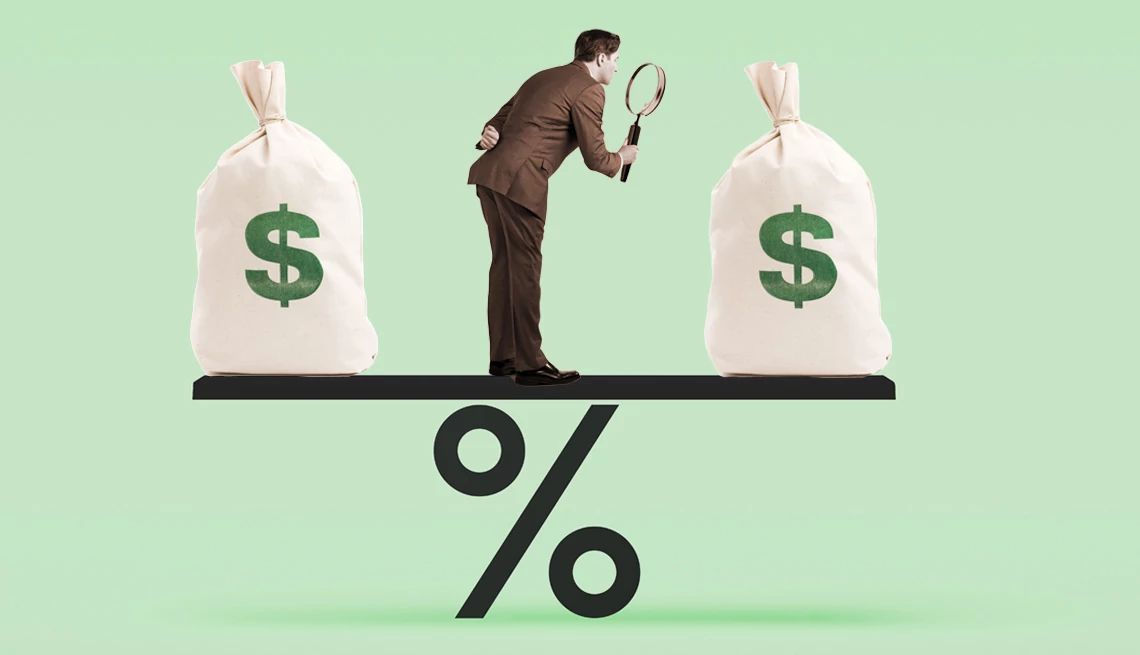AARP Hearing Center


The Federal Reserve is keeping interest rates on pause as it continues to monitor the direction of inflation, tariffs and economic growth.
The central bank announced on July 30 that it’s holding interest rates steady despite President Donald Trump’s calls for the Fed to cut rates to spur the economy — and potentially the stock market. As a result, the federal funds rate will stay at its current target level of between 4.25 and 4.50 percent.
The announcement is a win for savers, especially for retirees who are living on a fixed income and regularly withdrawing money from savings accounts to pay their bills. It means interest rates on savings accounts will remain relatively high for the time being.
So, where should you put spare cash at the moment? Here are five places to consider.
1. Money market accounts
These are safe, conservative options if you want immediate access to your cash. Money market accounts come in two types: those issued by banks and credit unions, and those from investment companies such as Fidelity, Schwab and Vanguard. Both come with check-writing capabilities, allowing you to withdraw money without any delays or penalties.
You can find current money market account offers on sites like Bankrate, Deposit Accounts and NerdWallet. Recently, a number of money market accounts on Bankrate were offering around 4.2 percent interest; on a $10,000 deposit, that equates to $420 a year in interest. Bank deposits are guaranteed to at least $250,000 per institution by the Federal Deposit Insurance Corp. (FDIC) or National Credit Union Association (NCUA).




































































More From AARP
6 Surprising Places to Find Bargains
AARP Bulletin’s shopping wiz reveals how she found deals in unexpected spots
10 Easy Financial Tasks You Can Do in an Hour
How to tackle quick-and-easy steps like shopping for cheaper car insurance
Is Now a Bad Time to Downsize?
Consider these pros and cons before moving to a smaller home in today’s market
Ways Retirees Can Make Cash
Finding unclaimed assets, tapping your home equity and more
Recommended for You